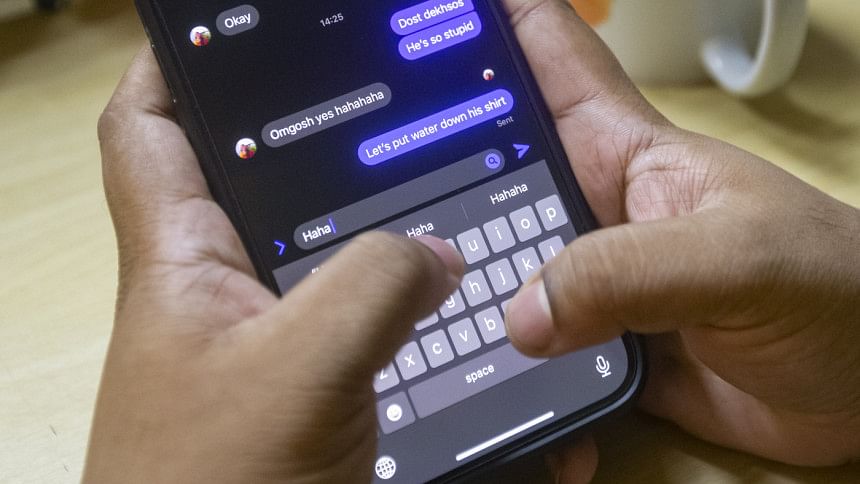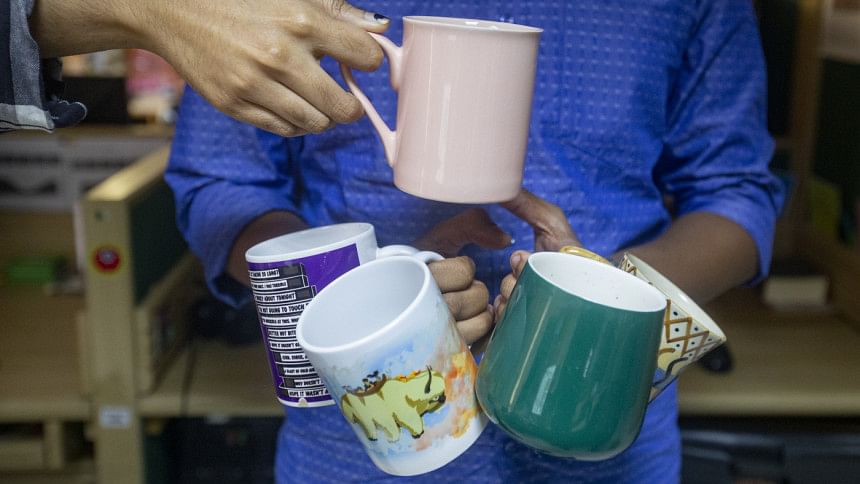Impact of workplace bullying on young professionals

"We are more than just colleagues. We're a family."
That's what many employers tell their employees initially when they join the workforce and then go on to either bully them themselves or silently observe from the side-lines as these employees are constantly bullied by their peers.
Workplace bullying is not a new concept. However, over the years, it has been normalised to an extent where people have become oblivious to its prevalence.
The 2021 US Workplace Bullying Survey by the World Bullying Institute (WBI) shows that over 76 million American workers were affected by workplace bullying in 2020. Approximately 43 percent of remote workers were bullied as well.
If anything, this report exposes just how normalised workplace bullying has become. It has reached a point where employees no longer need to be present physically alongside their peers to get bullied.




As is the case with most bullying incidents, there are three key participants in these situations – victims, perpetrators, and onlookers. While the perpetrators play the leading role in a typical bullying incident, onlookers who don't bother standing up for the victims play the role of normalising these actions.
Like the USA and other parts of the world, Bangladesh too sees its fair share of workplace bullying every year. Unfortunately, unlike the USA, there's no organisation like the WBI here that stays on top of workplace bullying incidents. Because of that, it's difficult to paint a complete picture of just how awful the situation is in our country.
Of course, that doesn't mean that workplace bullying in Bangladesh doesn't exist or is not as prevalent. From what we've learned by talking to some victims of workplace bullying, the situation in our country is just as dreadful as it is in the West, if not worse.
As we dive into the accounts provided by these victims, we'd like our readers to know that none of the individuals we talked to were eager to share their true identities. This paper will respect their requests and maintain anonymity when presenting their experiences.
Bullying at the workplace can take shape in many forms. One of the most common ways this type of bullying starts is when employers ask for too much from their employees and pressure them for it.
Akib*, a freelance graphic designer, explains this scenario from his own experience of working at a digital marketing agency.
"At my previous workplace, my superior would always burden me with more work than I could handle," Akib recalled. "There were days when I had to leave the office at 10 because of the added workload. I protested, but that fell on deaf ears. As a response, I was told how it's all about the hustle these days and if I couldn't handle it, I wasn't cut out for the job."
"I honestly didn't mind working more," Akib continued. "But there was no incentive or support. I wasn't paid extra nor was I provided any assistance from my superiors. They kept piling all the work on my plate and if I couldn't complete everything in time, I was shamed publicly and called incompetent."
Another common form of bullying that many experience at work is based around a person's appearance. Their get-ups and bodies are often weaponised against them. Similar to how nosy relatives sometimes shame you for your height, weight, clothes, or skin colour, you might often find your co-workers and superiors doing the same.
Maybe they really were speaking the truth when they said "we are a family".

Samira*, who worked at an educational institute, shared, "After returning from a short holiday, I met a co-worker in the lunchroom who looked at me, and then remarked that I should lose all the weight I had gained as it would be 'good for me'. This person seemed to be visibly uncomfortable and shocked by the fact that I had gained some weight."
Someone's appearance should not be something that is talked about in an office. It's ironic that people who preach the ideals of being a consummate "professional" in the workplace often find ways to comment on the bodies and appearances of individuals they work with.
Freelance journalist Anika* faced a similar ordeal.
"I was diagnosed with an eating disorder and have been struggling with it for a while now," she said. "This year, I shared my diagnosis with one of my co-workers. However, when he and another male colleague were together, they would gang up on me and comment on what I was eating or make fun of me for not eating anything solid during lunch."
"They would also gang up on me for my personality," Anika added. "I was an introvert and that seemed to bother them. They would constantly remark that it made sense I had no friends because I was so silent. They would make fun of my social media presence, telling me that I was 'pretending to be depressed' and that my tattoos were stupid."
Sometimes, people at work begin to act like the high school bullies we often see in TV shows and movies. They bully their co-workers for no particular reason other than the fact that they enjoy doing it.
When asking some of the victims how these instances of bullying affected them, we learned just how much of a psychological impact it can leave on its victims.
"I didn't enter the office lunchroom for almost a year after the incident," said Samira. "Also, right after it happened, I was very conscious while eating in front of people."
For Anika, it took a heavier toll.
"I began to avoid going to the office because it was too much for me to digest," said Anika. "I felt as if they were right, and that my life was a joke. Quite often, when I did go to work, I would excuse myself from the lunch table, so I could go to the bathroom where I would frequent and break down after they had bullied me."
Akib straight up quit his job and went freelance.
"I was done with them," Akib said. "The workload itself was pressuring and on top of that, I had to listen to my boss 'educate' me about the hustle culture and how I can't succeed in life without pushing my limits. So, less than a year after I joined, I quit and started working as a freelancer."
A major reason why workplace bullying still persists in this day and age, is due to the failure of human resources (HR) divisions to address the issue properly. The general perception around HR seems to be that they exist to serve the interest of the company and not the employees.
Dibbo*, who formerly worked in a humanitarian organisation, told us, "On multiple occasions, I complained to the HR about how my boss was bullying me, to the point of threatening me if I was not putting in extra hours beyond what was in my contact. Not only did HR fail to acknowledge my issue, they told me to 'toughen up', otherwise I would not survive in the Bangladeshi job market."

Nazifa*, formerly a development sector employee, shared with us how her HR personnel had actually been the one who began bullying her in the first place.
"Two of my co-workers, who I would drop home, would often engage in discussion over office gossip and drama. Because I did not actively participate in gossiping, they began to bully me," she said.
The culture of workplace bullying seems to be an inevitability, almost akin to gravity. And what goes up, must come down. More and more young people, who are just entering the job market, are willing to compromise – at times choosing to take a pay cut – for a better work environment.
It looks very likely that in the future, our increasingly younger workforce will shift out of workplaces where the culture of bullying runs wild. Keeping this in mind, employers should be the first to address the issue. They are the ones who need to set even stricter guidelines on workplace bullying.
Anti-bullying committees in the workplace should not just be filled with senior management. They must seek active participation from younger recruits. If necessary, these committees should have independent external members who preside over bullying, harassment, or any other case that needs to be addressed without any self-interests.
Reference:
Workplace Bullying Institute (2021). 2021 WBI U.S. Workplace Bullying Survey.


 For all latest news, follow The Daily Star's Google News channel.
For all latest news, follow The Daily Star's Google News channel. 








Comments